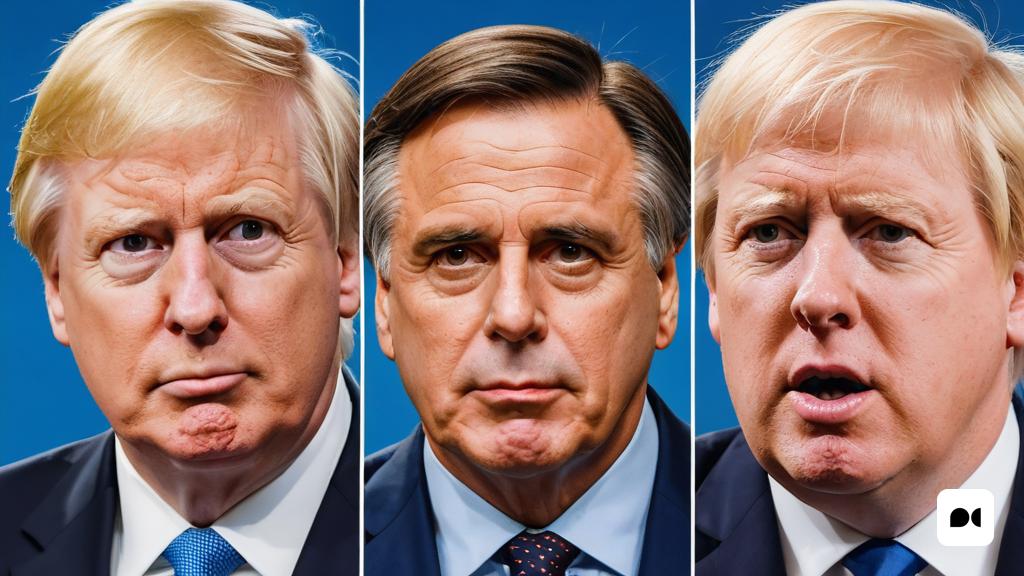A politically complex moment
Germany finds itself in a particularly complex moment politically, like other Western countries after the global economic crisis of 2008 and the political instability that has followed the worsening of people’s living conditions in the decades since. This phenomenon has been observed in countries such as the United States with Donald Trump (2017-2021), Brazil with Bolsonaro, the United Kingdom with Boris Johnson and Argentina with Milei. In Germany, the anti-immigration and eurosceptic Alternative for Germany (AfD) party has gained popularity and is in second place in polls. In addition, there has been an increase in political violence by extremist groups, such as the recent attack on a Social Democratic MEP while he was hanging election posters. However, many of the country’s large business groups oppose this rise of populism and warn of the dangers it represents for the current economic order.
The resistance of large corporations
More than thirty large German corporations or those operating in the country have joined together to put up a common front against far-right populism. Companies such as Thyssenkrupp, Mercedes-Benz, BMW, Volkswagen, Ford, Siemens, Bosch, DHL, Henkel, Bayer, Allianz, Deutsche Bahn and Deutsche Bank, among others, consider populism a threat to the economic order and prosperity of the country. These corporations defend a united Europe and values such as diversity, openness and tolerance, which they consider fundamental to the functioning of society and the engine of its economic system.
Call for European elections
These corporations have issued a joint statement in which they call on citizens to vote in the European elections on June 9. In the statement, they argue that it is necessary to confront populism and extremism through voting, and thus avoid hatred and intolerance.
The importance of immigration
Some executives of these corporations, such as Richard Lutz (Deutsche Bahn), Roland Busch (Siemens) and Christian Sewing (Deutsche Bank), have pointed out that populism has crossed red lines on issues such as anti-Europeanism and the forced repatriation of migrants. These managers argue that these positions damage the economy and political stability of the country. In addition, they defend the importance of immigration, regulated but necessary, to avoid the aging of society and maintain economic prosperity.
A call for a united Europe
In short, large German corporations oppose the rise of far-right populism and defend a united, diverse and tolerant Europe. They consider that these values are fundamental for the functioning of society and the engine of its economic system. They call on citizens to vote in the European elections and confront populism and extremism. In addition, they highlight the importance of regulated immigration as a way to maintain economic prosperity and avoid the aging of society.




